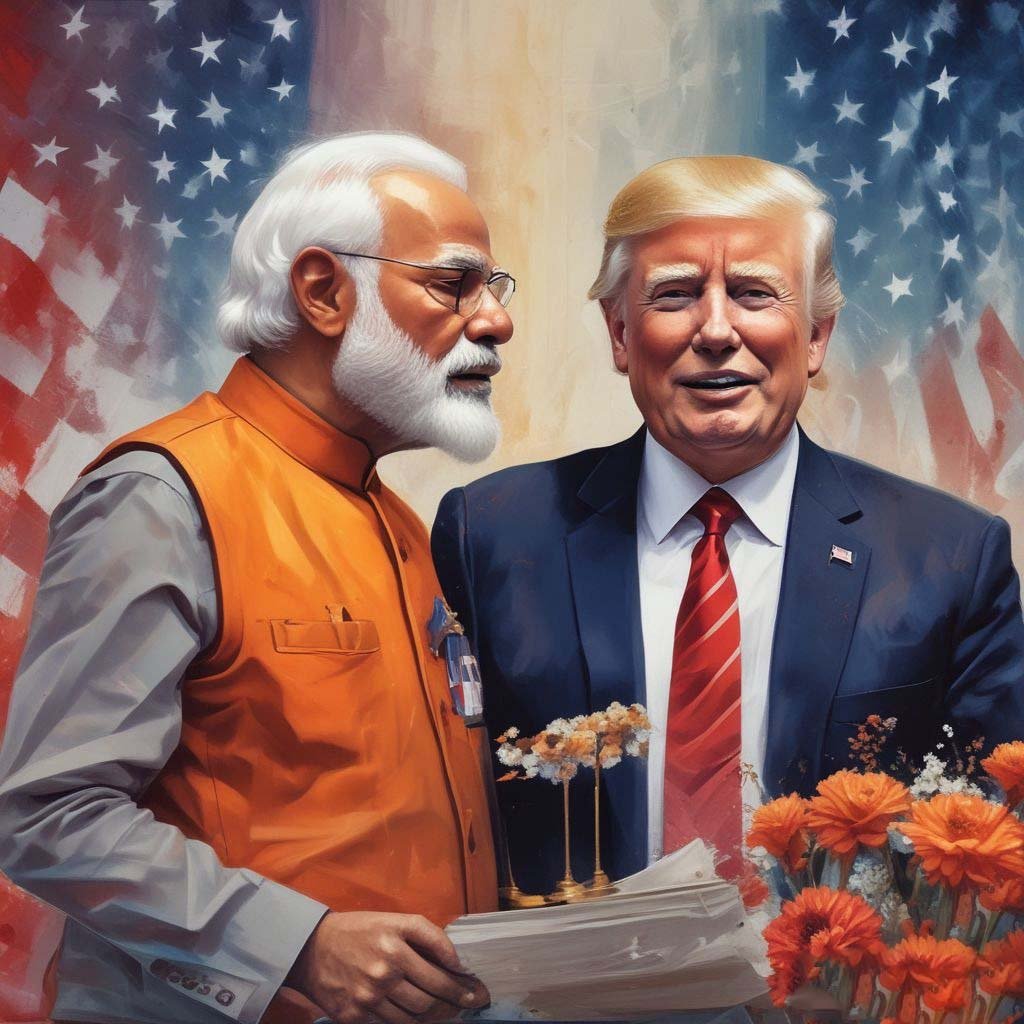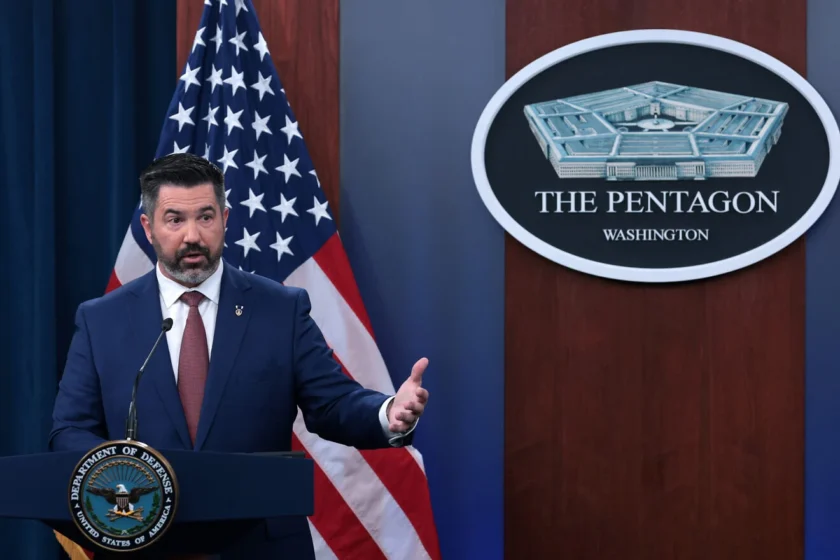Lucknow / Washington: Donald Trump’s return to the White House brings significant implications for India, especially in trade, IT services, energy, and defense. With plans for fresh tariffs on China, the Trump administration could open avenues for India to capture U.S. market share previously held by Chinese imports. Adrian Mowat, a Hong Kong-based investor speaking to a TV channel, suggests that this shift could encourage companies to move manufacturing from China to India, bolstering India’s position in global supply chains. However, Mowat warns that Trump may extend tariffs to U.S. companies with substantial IT operations in India, which could temper optimism in India’s IT sector.
In Trump’s first term, H-1B and L-1 visa regulations tightened, significantly impacting Indian IT firms reliant on these visas for their U.S. workforce. A 50–80% reduction in H-1B approvals hit giants like Infosys, TCS, and Wipro, making it harder for them to operate in the U.S. with overseas employees. According to JM Financial, two-thirds of U.S.-based resources for Indian IT services were on H-1B or L-1 visas as of 2017, and any renewed restrictions could intensify competition and costs for Indian IT companies operating in the U.S.
The potential shift in immigration policy is also expected to include stricter education-based norms. While unskilled worker visas could see more significant restrictions, Trump’s policy may leave skilled workers in IT services relatively unaffected. A PL Capital report indicates that while education-focused immigration policies might limit some sectors, IT services and Global Capability Centers (GCCs) are less likely to experience major disruptions.
Ed Yardeni, President of Yardeni Research, highlights told mediapersons that a Trump presidency, coupled with a strong dollar, might pose challenges for emerging markets. Rising bond yields are another concern, with Arvind Sanger, Managing Partner at Geosphere Capital Management, predicting that yields could reach 4.4%, pressuring the U.S. Federal Reserve’s rate-cutting plans. Higher U.S. yields generally drive funds out of emerging markets, potentially impacting foreign investments in India.
India’s equity market also seems poised for long-term growth amid these shifts. According to Manpreet Gill, Chief Investment Officer for Europe, Middle East, and Africa at Standard Chartered Wealth Management, Indian equities remain attractive for sustained growth, while Chinese equities are seen as more volatile in the near term.
Former Indian ambassador to the U.S., Taranjit Singh Sandhu underscored in his comment to a channel the strong U.S.-India foundation established during Trump’s first term, particularly in defense, technology, healthcare, and energy. Sandhu highlighted the invaluable role of the Indian-American community in fostering deeper educational and technological ties, strengthening the knowledge sectors of both countries.
The Trump administration’s stance on bolstering the QUAD alliance and supporting India’s regional role against China aligns with India’s defense and foreign policy goals. In a broader context, Sandhu characterized Trump as a “deal maker” capable of navigating challenges in trade and immigration through negotiations. He remains optimistic about the potential for India-U.S. relations to grow stronger and more comprehensive.

Drew Pettit from Citi told CNBC TV18 that a Trump victory could benefit multiple sectors within the U.S. and that renewed interest in international investments is already becoming apparent among U.S. investors. India could stand to gain from this trend if Trump’s policies encourage U.S. investors to seek opportunities beyond China, positioning India as a preferred alternative in Asia.
The anticipated rise in bond yields could pressure emerging markets, but the current overweight position on Indian equities by major financial institutions underscores confidence in India’s resilience and growth trajectory.
If India navigates these dynamics strategically, Trump’s return to the White House could reinforce India’s role in global trade, technology, and defense, solidifying its standing as a significant partner to the U.S.
Trump’s plans for his second term signal a radical shift in policy across trade, immigration, energy, and more, echoing his “America First” philosophy. Yet implementing these sweeping changes will likely meet resistance from Congress and various interest groups. Donald Trump’s return to the White House would usher in significant policy shifts across trade, immigration, energy, and foreign relations, potentially reshaping both domestic and international landscapes. As the newly elected 48th President, Trump has laid out ambitious plans that echo many of his first-term policies, with heightened emphasis on trade tariffs, immigration restrictions, energy independence, and recalibrated alliances.





